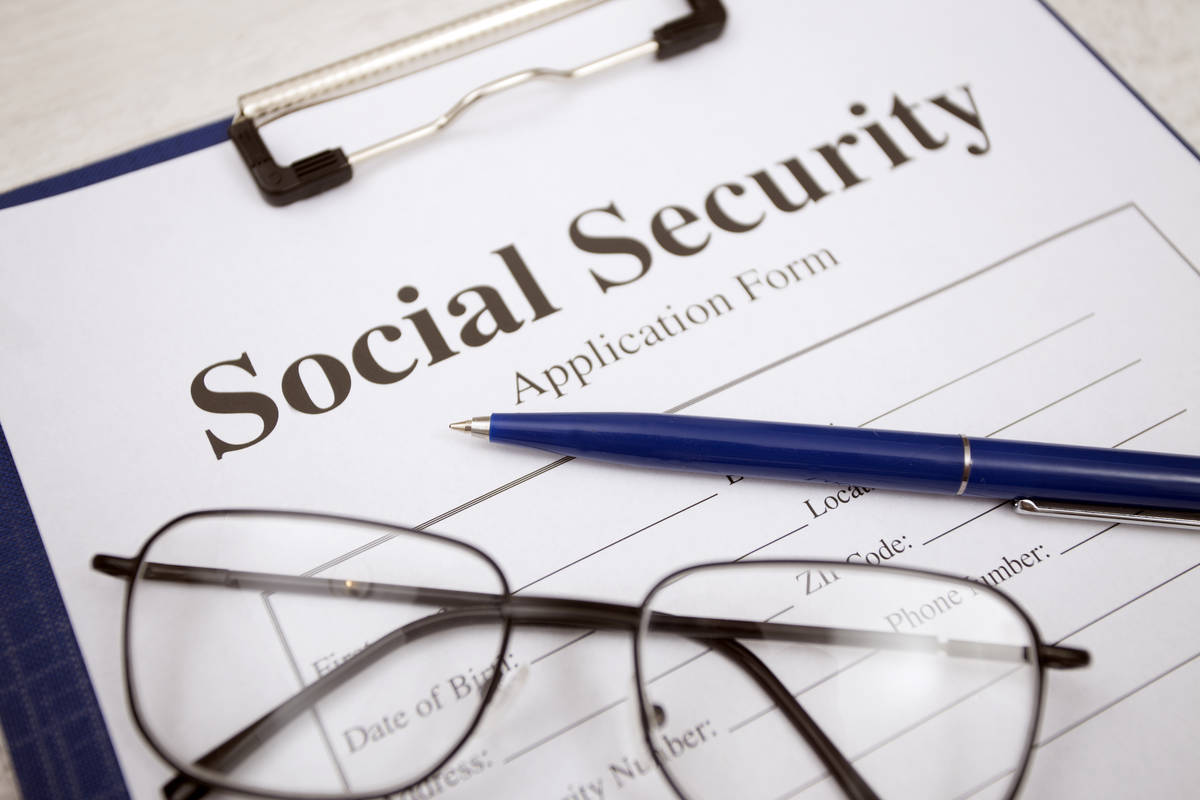EDITORIAL: Social Security was already running out of money. Coronavirus isn’t helping.
Before the end of the decade, the Social Security Trust Fund could be out of money. That’s the projection of researchers modeling the effect of the coronavirus downturn.
Social Security largely depends on payroll taxes to fund its disbursements to retirees. It does have a trust fund, but those savings won’t last long. In mid-April, the Social Security Board of Trustees projected it would run out of money in 2034 or 2035 if combined with reserves from the Disability Insurance Trust Fund.
That’s bad news. The economic destruction caused by coronavirus will make it worse. Since the beginning of the coronavirus shutdowns, more than 26 million workers have filed for unemployment. That means they aren’t paying payroll taxes. As a result, Social Security is going to have to dip into its trust fund much sooner than expected.
Writing for the Bipartisan Policy Center, Nicko Gladstone and Shai Akabas projected the effects of this downturn.
“We estimate that another economic downturn with severity and impacts similar to the Great Recession would accelerate the depletion date of the OASI trust fund reserves from 2034 (projected in this year’s trustees’ report) to 2029,” they write. “If trust fund reserves were depleted, benefits could be paid only from program revenues, triggering a cut of 24 percent in retirement benefits and 8 percent in disability benefits.”
They acknowledge that it’s impossible to know how the upcoming recession will unfold. But unemployment is already higher than at any point during the Great Recession. Even if the economy recovers quickly, which is highly unlikely, Social Security will run out of money sooner than previously projected.
That is a looming political and economic crisis. A 24 percent cut to benefits isn’t going to be politically feasible. Even before the coronavirus rescue packages added trillions to the deficit, the United States can’t afford that much more spending without the risk of inflating its currency.
That means it’s imperative to reform Social Security immediately after the coronavirus crisis has passed. But many cynical Democrats have spent decades attacking Republicans who suggest that Social Security needs attention. Look no further than the pride former-Sen. Harry Reid took in stopping then-President George W. Bush’s Social Security reform efforts, which involved allowing Americans to control a tiny portion of their own contributions.
“We Democrats resolved not to deal, not to compromise, not to amend, but to kill the president’s plan to privatize Social Security in 2005,” Mr. Reid wrote in his memoir, “The Good Fight.” They did, and Mr. Reid couldn’t have been prouder. “It is hard to describe the feeling that came over me at this disaster averted,” he wrote.
The inevitable result of Mr. Reid and his fellow Democrats’ shortsightedness is now less than a decade a way.

















